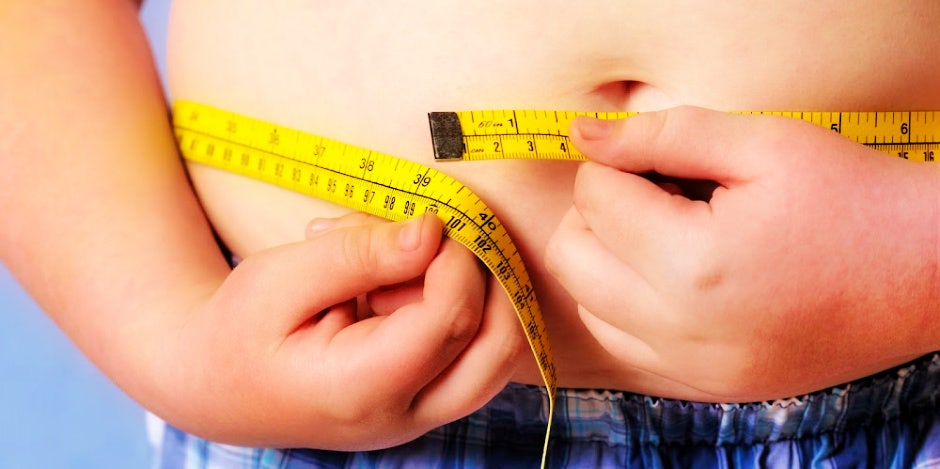Why So Many Parents Fail To Recognize Childhood Obesity In Their Own Kids
All children are beautiful, but ignoring obesity puts kids at risk.
 Getty Images
Getty Images There are many things that parents overlook when it comes to their children: particularly around issues related to their child's behavior, intellectual ability, and weight.
It can be difficult to convince any parent that their child isn't “the fairest, brightest, bestest of them all. It's part of that whole unconditional love thing.
Unfortunately, throwing on blinders may mean parents miss early signs of conditions that could seriously affect their child's health, and which could be helped with early, proper interventions.
As one prime example, researchers have found that parents are particularly unlikely to recognize early signs of pediatric (childhood) obesity.
When it comes to assessing their own kids' weight.
A team from the London School of Hygiene and Tropical Medicine and UCL Institute of Child Health conducted a study examining parents' perceptions of their children's weight, the results of which were published in the British Journal of General Practice.
"Overweight children are at an increased risk of premature mortality and disease in adulthood," the study's authors explain. "Parental perceptions and clinical definitions of child obesity differ, which may lessen the effectiveness of interventions to address obesity in the home setting."
Childhood obesity put kids at greater risk for the following physical and emotional issues, as compiled by Mayo Clinic:
- Type 2 diabetes
- Metabolic syndrome
- High cholesterol and high blood pressure
- Asthma
- Sleep disorders
- Nonalcoholic fatty liver disease (NAFLD)
- Bone fractures
- Low self-esteem and bullying by others
- Behavioral and learning problems
- Depression
The research team's stated goal was to compare parents' thoughts about whether their children should be considered underweight, healthy weight, or overweight with objective measurements in order to better predict how parents may succeed or fail in identifying risks faced by their own kids.
The parents of nearly 3,000 children between the ages of 4-5 and 10-11 were given questionnaires that were linked to school nurses' objective measurements of height and weight.
In doing so, they found that about 31% of parents underestimated their child's weight, while less than 1% overestimated it.
When it came to children struggling with obesity — above the 95 percentile — parents were significantly unlikely to acknowledge the extent of the issue.
Only four parents described their child as being very overweight, "despite 369 being very overweight."
The CDC defines obesity as having a body mass index (BMI) at or above the 95th percentile on their BMI-for-age growth charts.
Notably, parents with a higher body mass index (BMI) themselves were more likely to grapple with the reality of their child's weight.
The researchers surmise that parents oftentimes turn a blind eye because being obese is now considered somewhat acceptable within our society.
While the issue is understandably a delicate matter, it's extremely difficult to find solutions when people aren't willing or able to acknowledge that a problem exists.
As parents, you want to teach your child to love their body no matter their shape or size, which they should.
But It’s also critical to be aware of potential health issues so they can be monitored and, if necessary, addressed by medical professionals who can help.
"If parents don't recognize a child is obese then they're very unlikely to do anything to help their child move to a more healthy weight," says Professor Russell Viner of the Institute of Child Health. "Then it's a potentially major public health crisis being stored up."
Nicole Weaver is a senior writer for Showbiz Cheat Sheet whose work has been featured in New York Magazine, Teen Vogue, and more. Follow her on Twitter.
